
Breslev Customs for Ten Days of Repentance
What are the Breslev customs during the Aseret Yemei teshuvah?

Throughout the ‘Aseret Yemei Teshuvah, Reb Nosson did not eat or drink until after midday (chatzos ha-yom). He also mentions this practice in Likkutei Halakhos in the name of the Rebbe. However, Rabbi Elazar Kenig cautioned that not everyone is physically capable of emulating the Chassidim of previous generations who fasted during these days. “The main thing,” he stressed, “is to be able to fast on Yom Kippur.” This is a mitzvah d’oreisa (from the Torah). Therefore, one must carefully consider whether fasting prior to Yom Kippur will jeopardize his ability to do so on Yom Kippur itself (See Kokhvei Ohr, Anshei Moharan, 34 [p. 79]; Likkutei Halakhos, Hilchos Rosh Hashanah 2:8).
During the Aseret Yemei Teshuvah, the Breslover custom is to conclude the paragraph after Shemoneh Esreh with the words “oseh shalom,” and only to say “oseh hashalom” at the end of Kaddish (Si’ach Sarfei Kodesh IV, 240).
Yom Kippur
On Erev Yom Kippur, Rabbi Avraham Sternhartz would immerse in the mikveh three times: once before kaporos, prior to Shacharis; once before Minchah; and once before Kol Nidrei.
Rabbi Levi Yitzchak Bender received a tradition that the melody to which Breslover Chasidim customarily sing “Ya’aleh Tachanuneinu” on Yom Kippur evening comes from the Baal Shem Tov (The Chabad melody seems similar to that of Breslov, therefore both may have a common origin.) (Si’ach Sarfei Kodesh IV, 243).
When Yom Kippur falls on Shabbos, it is not customary to prostrate oneself during “Aleinu” or the seder ha-‘avodah. This applies both to the tzibbur and the chazzan (Si’ach Sarfei Kodesh IV, 244).
In Tzefat on Motza’ei Yom Kippur, Kiddush Levanah is recited after Havdalah and breaking the fast. Rabbi Elazar Kenig added that it would be make sense to recite Kiddush Levanah after everyone had gone home and eaten a se’udah, to perform the mitzvah with greater simchah. However, because this would be impractical, we do so while everyone is still in shul (See Shulchan Arukh, Orach Chaim 624:* that one should be be-simchah on Motza’ei Yom Kippur).
The Shulchan Arukh states that immediately on Motza’ei Yom Kippur, it is customary to begin to work on the sukkah (if only by speaking about it). Reb Nosson explains that this is because after Yom Kippur, when all of our sins are forgiven, we are in the state of purity required to build a sukkah (Shulchan Arukh, Orach Chaim 624:5, RaMaH, end; cf. MaHaRiL, Minhagim, MaHaRiY Weill, etal. Likkutei Halakhos, Hilchos Sukkah 2:1).
(Used with permission from the Breslov Center http://www.nachalnovea.com)





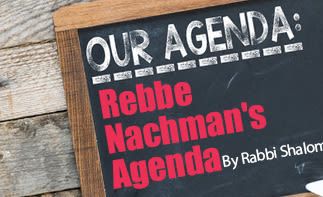
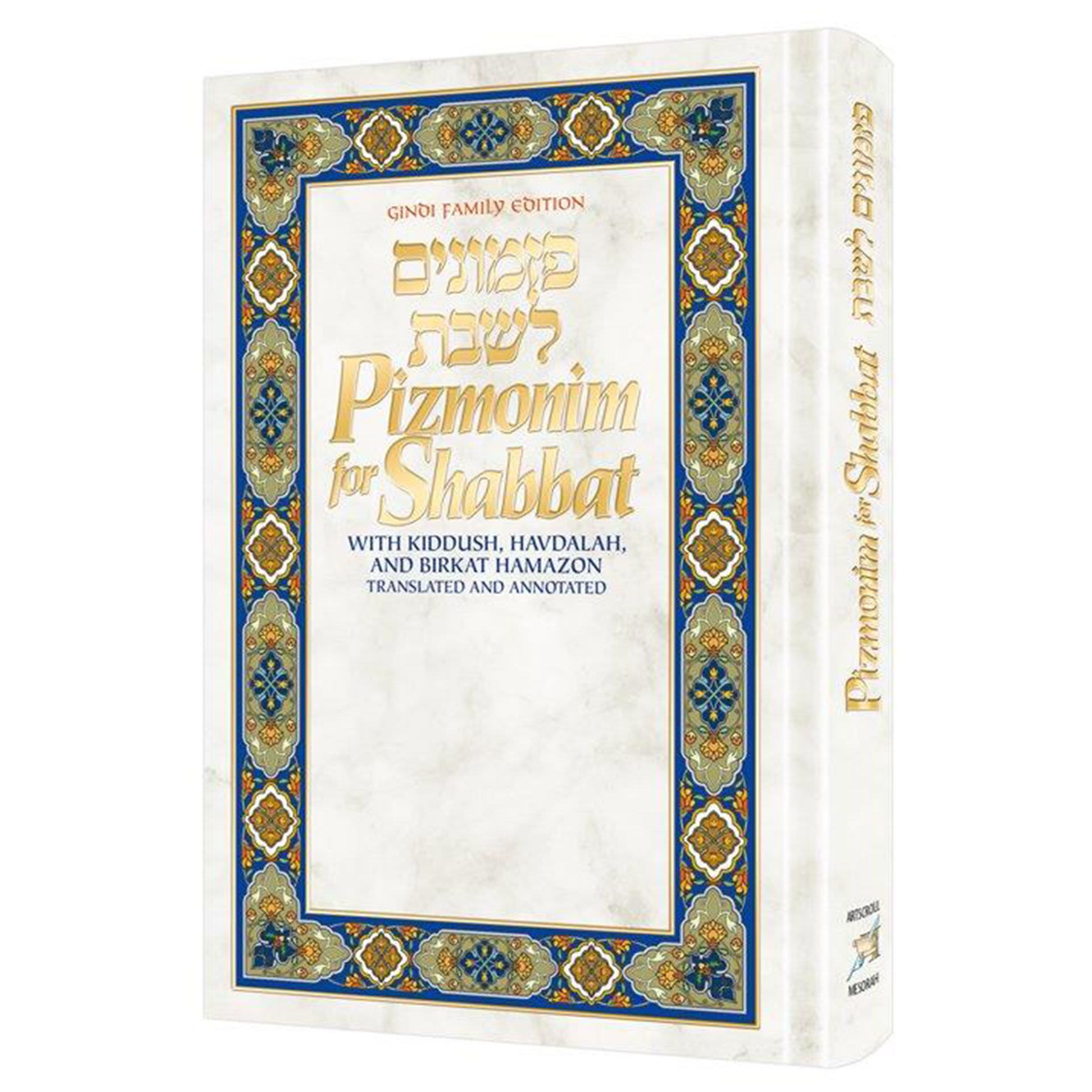
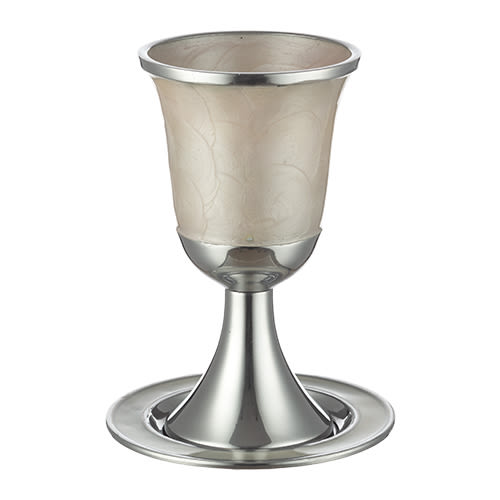
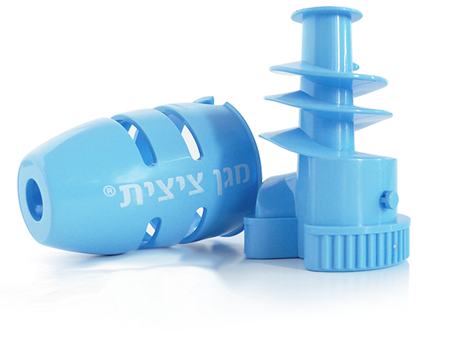
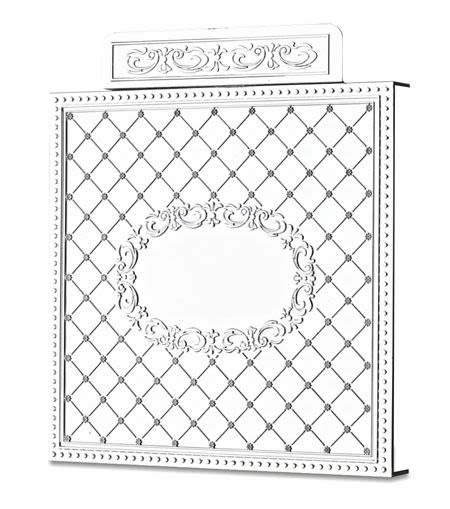

Tell us what you think!
Thank you for your comment!
It will be published after approval by the Editor.